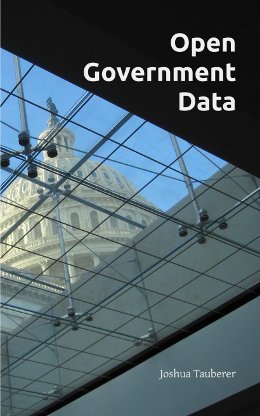Open Government Data Definition: The 8 Principles of Open Government Data
The 8 Principles of Open Government Data were authored by a working group convened by Carl Malamud on December 8, 2007 in Sebastopol, California. The 8 Principles can be found at opengovdata.org.
Though these principles were written early in the open government data movement, they continue to be relevant. Parts are, however, admittedly U.S.-centric, especially the principle regarding licensing. See No Discrimination and License-Free for a discussion. The principles also neglected to mention cost and that availability meant digitally over the Internet.
Government data shall be considered open if the data are made public in a way that complies with the principles below:
Data Must Be Complete All public data are made available. Data are electronically stored information or recordings, including but not limited to documents, databases, transcripts, and audio/visual recordings. Public data are data that are not subject to valid privacy, security or privilege limitations, as governed by other statutes.
Data Must Be Primary Data are published as collected at the source, with the finest possible level of granularity, not in aggregate or modified forms.
Data Must Be Timely Data are made available as quickly as necessary to preserve the value of the data.
Data Must Be Accessible Data are available to the widest range of users for the widest range of purposes.
Data Must Be Machine Processable Data are reasonably structured to allow automated processing of it.
Access Must Be Non-Discriminatory Data are available to anyone, with no requirement of registration.
Data Formats Must Be Non-Proprietary Data are available in a format over which no entity has exclusive control.
Data Must Be License-free Data are not subject to any copyright, patent, trademark or trade secret regulation. Reasonable privacy, security and privilege restrictions may be allowed as governed by other statutes.
Finally, compliance must be reviewable.
A contact person must be designated to respond to people trying to use the data.
A contact person must be designated to respond to complaints about violations of the principles.
An administrative or judicial court must have the jurisdiction to review whether the agency has applied these principles appropriately.
 Open Government Data: The Book
Open Government Data: The Book